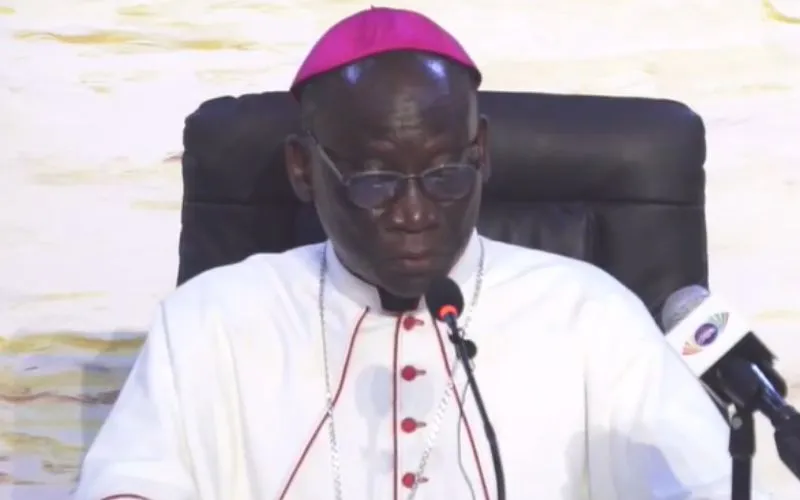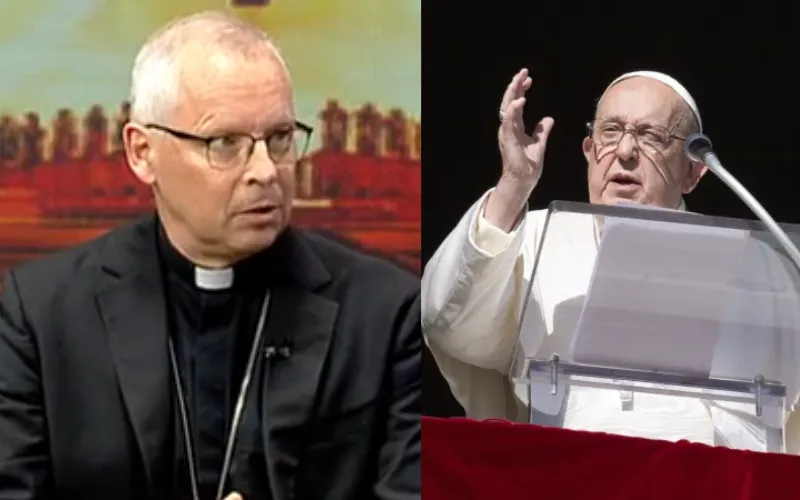Other panelists at the December 19 webinar said that they had received news about the Vatican declaration with mixed reactions.
Fransica Ziniel, Coordinator of the Catholic Youth Network for Environmental Sustainability in Africa (CYNESA) in Ghana, said that the declaration was expected.
“This was not news to me,” Fransisca said, and explained, “Looking at the various pronouncements that the Pope had made concerning the matter, I knew that something like this was bound to happen, sooner or later. Only, I didn't know that it was going to be this soon.”
The document, however, came as a surprise for the young Ghanaian who delved into studying its contents.
She said that her efforts to explain the document’s contents to irate Catholics in the West African country were futile.
(Story continues below)
“Most of our Catholic brothers and sisters were not interested in reading any document. They had already made their conclusions based on the internet headlines. They had already started importing their own facts and truths about the matter,” the CYNESA official said.
Peter Owusu Ansah, a Lay Minister in Ghana, urged Catholics in the West African country to be more proactive in responding to issues about the Church that appear to be controversial.
Expressing his fears about the declining Catholic population in Ghana, Ansah said, “We already know that our numbers are declining, and it doesn't help that many of our people are not very deep when it comes to the faith. They shouldn't be hearing some of these things.”
Catholic Bishops in Ghana have been explicitly opposed to LGBTQ+. In their statement on December 11, the GCBC members clarified their stance on homosexuality, and expressed their support for the Promotion of Proper Human Sexual Rights and Ghanaian Family Values Bill that seeks to criminalize LGBTQ+.
The Catholic Bishops noted that homosexual acts are “intrinsically disordered and are in no case to be approved of.”
“Thus, while the church does not condemn homosexuals for being homosexuals, it condemns the homosexual acts that they perform,” they said.
Their statement followed the November 27 BBC interview with Peter Kodwo Appiah Cardinal Turkson on Hard Talk program that provoked controversy.
In the interview, Cardinal Turkson said that his position has been “that LGBT, gay people may not be criminalized because they have committed no crime”.
Agnes Aineah is a Kenyan journalist with a background in digital and newspaper reporting. She holds a Master of Arts in Digital Journalism from the Aga Khan University, Graduate School of Media and Communications and a Bachelor's Degree in Linguistics, Media and Communications from Kenya's Moi University. Agnes currently serves as a journalist for ACI Africa.








